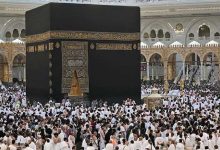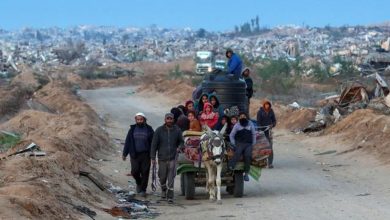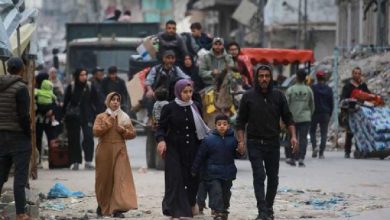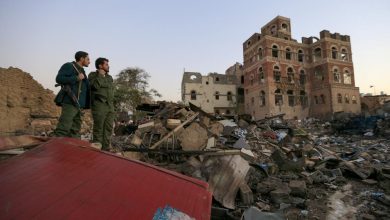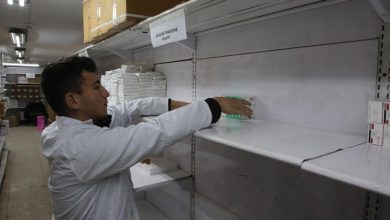Unveiling Repression: Saudi Leaks Expose Digital Censorship and Control
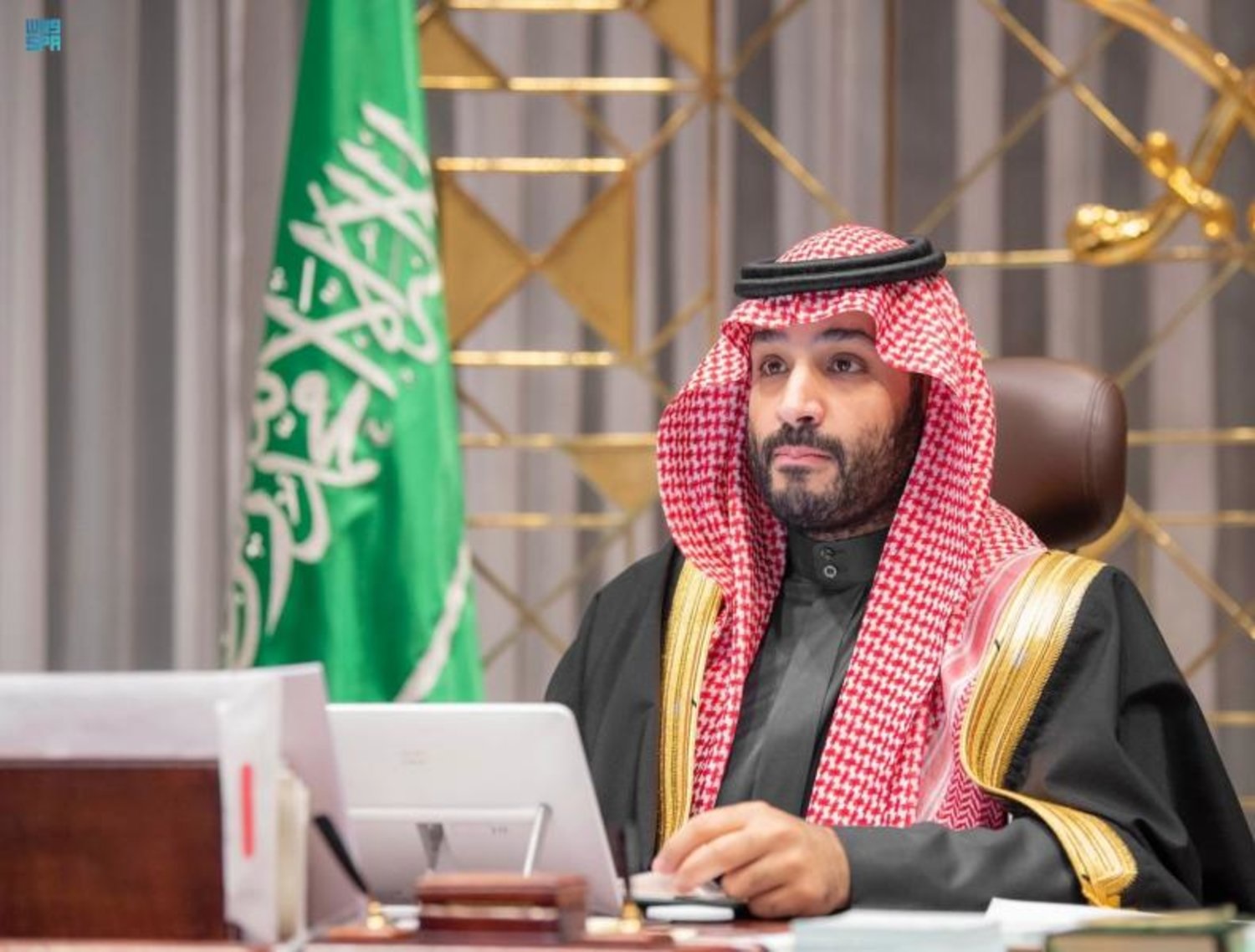
Watan-The Saudi opposition website “Saudi Leaks” sheds light on the repressive practices of the Saudi authorities, affirming that the suppression by Mohammed bin Salman’s regime extends to the digital realm.
The report explains that internet users in the Kingdom of Saudi Arabia face significant censorship, limiting individuals’ ability to access diverse content and express themselves freely on various social platforms.
The network of censorship has surpassed traditional boundaries of supporting authority in Saudi Arabia, now dictating to viewers what they should follow and what they cannot, even if it is unrelated to politics, simply because it does not align with Mohammed bin Salman’s regime, according to the opposition Saudi website.
Despite widespread internet access and the availability of most social platforms, Saudi authorities have a significant impact on shaping the online narrative, as clarified by “Saudi Leaks.”
This is evident through continuous website blocking, content removal, manipulation of information, and the exploitation of Saudi employees in global networks such as platforms like Ex and Meta, among others.
The Saudi authorities’ attempts to generate revenue
And according to Bethany Hayder, an official at the ‘Human Rights Foundation’ and the Saudi Affairs Director at the ‘Freedom Initiative,’ the Saudi government is simply attempting to earn more money from the people.
Hayder states, “I see it as just a way to make money because the Saudi government has been trying for a long time to diversify its sources of income instead of relying on the oil sector.”
The Gulf Center for Human Rights suggests that this license could serve as an additional source of income to help reduce the Saudi economy’s dependence on oil revenues.
The Saudi government had issued numerous regulations on unauthorized online marketing before recently deciding to impose the new licensing requirement.
The Gulf Center for Human Rights warned that “the clear message behind this license is that the authorities’ control will affect everyone without exception.”
Saudi Arabia is a non-free country
According to the source, the absolute monarchy in the Kingdom of Saudi Arabia restricts almost all political rights and civil liberties. No officials are elected at the national level.
The regime relies on widespread surveillance, criminalization of opposition, fueling sectarian and ethnic tensions, and public spending supported by oil revenues to maintain power.
Women and members of religious minorities face widespread discrimination in both law and practice.
Working conditions for the large expatriate workforce are often exploitative

